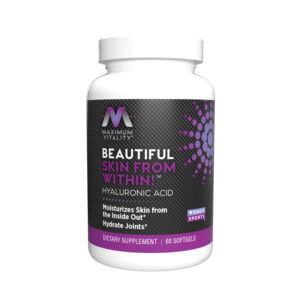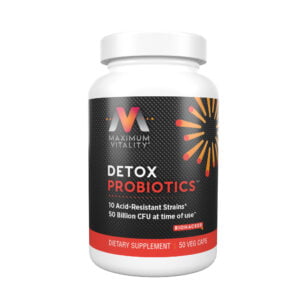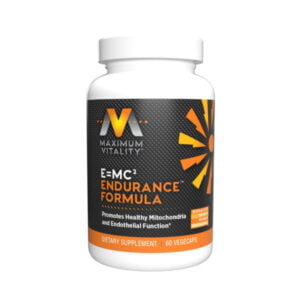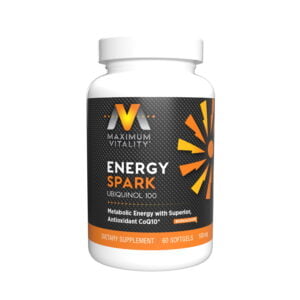Healthy joints help you excel at sports, such as golf, tennis, volleyball, running, skating, skiing, basketball, swimming, and esports where finger and wrist dexterity are critical. Beyond living without pain, healthy joints support the professional, executive, mom, or biohacker during a long day of sitting at a desk, on the keyboard, in the field, and while traveling.
Joint support supplements have gone through three generations of products in the past 30 years. We will provide information on the third generation products here, with a brief description of gen 1 and 2 near the bottom of the page.
Krill Oil and Hyaluronic Acid are third generation joint support supplements. Each of them displays a number of additional benefits in other structures of the body.
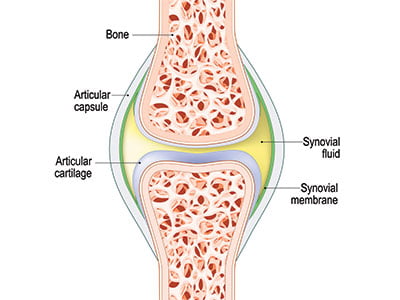
Hyaluronic Acid, named Beautiful Skin from Within
Hyaluronic Acid (HA) helps the body retain water in synovial fluid in the joint, which helps cushion the joint. Your doctor may have heard of injecting hyaluronic acid into knee joints as a medical procedure to increase cushioning in the joint. He or she has likely not heard that HA may be taken orally to distribute hyaluronic acid to all joints in need of greater cushioning, including knees and other large joints such as the hips, shoulders, or elbows, and smaller joints in the spine, fingers, wrist, feet, and ankles.
Hyaluronic Acid is naturally occurring in humans and animals. It is safe and non-toxic. Its principal characteristics include visceoelasticity, high water solubility, and maintenance of cellular and extracellular balance (homeostatis).
Notable small studies have shown excellent results from oral administration of hyaluronic acid.
- In a study conducted at Ohtsuma University in Tokyo, a daily oral dose of 40 mg hyaluronic acid was administered to one hundred women for forty-five days. Skin texture was significantly improved in 75%-81% of patients; eyesight was significantly improved in 25%; joint stiffness was significantly improved in 48%. The entire remainder of the study group was “better” in all result categories.1
- A similar study conducted on 28 patients taking 30 mg oral hyaluronic acid for 30 days found 93% improved their joint pain symptoms.1
- In a human study, an oral mixture of sodium hyaluronate (10 mg) for three months accelerated healing from knee surgery in all 27 test subjects as compared to 27 surgical control subjects.1
One of the key benefits of Hyaluronic Acid is that it promotes nutrient and waste circulation to and from cartilage. Cartilage has no direct blood supply. If cellular waste is not removed, it accumulates and causes irritation which worsens as the accumulation continues.
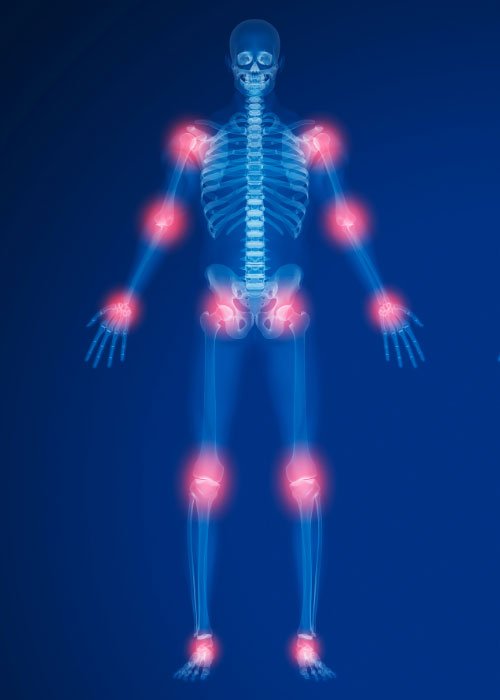
Hyaluronic Acid is so good at increasing moisture retention in the body and clearing cellular waste from skin tissue, that we named our hyaluronic acid Beauty from Within – Hyaluronic Acid. HA helps the skin hold moisture, thus reducing fine lines and wrinkles. We have seen a greater recognition and demand for minimizing fine lines and wrinkles in the skin than for joint support, so we chose a name which supports minimizing skin wrinkles and maximizing skin softness. No matter which reason you choose hyaluronic acid, the additional benefits are great “side effects.”
Rejuvenation Science® Beautiful Skin from Within – Hyaluronic Acid contains 140 mg Hyaluronic Acid, which delivers 12.6 mg of low-molecular weight, highly-absorbable hyaluronic acid per 2-softgel dose. Supplemental HA is derived from chicken cartilage.
Krill Oil in Executive Edge
With a treatment as safe and simple as adding krill oil to the diet, a 2016 PLoS One human study3 confirms a 2010 BMC Musculoskeletal Disorders animal study,4 which validates a 2007 Journal of American College of Nutrition human study,5 all independently showing that krill oil reduces joint pain and flexibility issues 35 – 47% after 30 days use.
In a randomized, double-blind, parallel-group, placebo-controlled trial of fifty adults with mild knee pain, published in PLoS One, researchers evaluated subjects receiving 2 g per day of either krill oil or an identical placebo for 30 days.
Both placebo and krill oil groups showed significant improvements after 30 days. The krill oil group showed significantly more improvements than placebo group in pain and knee stiffness. The researchers concluded: “This report demonstrated that krill oil could mitigate the subjective symptoms of mild knee pain.”
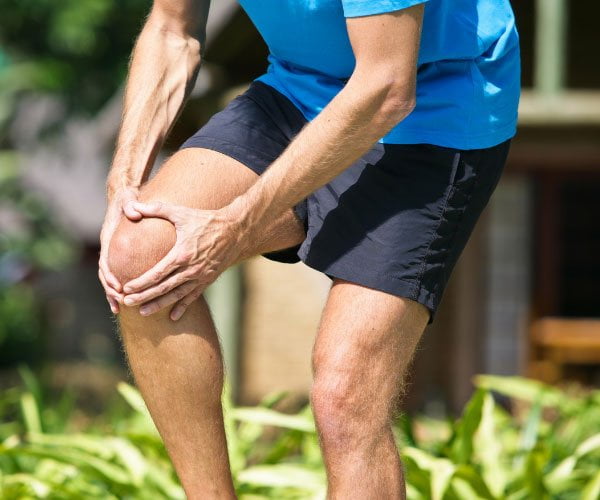
Krill Oil provides omega-3 polyunsaturated fatty acids (PUFAs) (EPA and DHA) in a phospholipid bound molecule, as opposed to all other marine oils, which are triglyceride bound.
A recent biochemical study showed that omega-3s in krill oil are naturally bound to 69 different phospholipid (choline) molecules.2 We project that all these different molecular bindings enhance the ability of krill oil to pass omega-3 fatty acids through phospholipid-based cellular membranes (including blood plasma and the blood/brain barrier (BBB)), providing for enhanced uptake and utilization of the important DHA and EPA fatty acids through cellular membranes.
Krill are shrimp-like crustaceans that form the largest biomass in the world’s oceans and are often known as whale food. The WWF and other ocean protective consortiums set a harvest limit of 9% of the ocean mass of krill oil annually. Currently less than 1% of that biomass is fished annually.
In addition to dealing with the joint itself using krill oil and hyaluronic acid, CBD hemp tincture affects the endocannabinoid system throughout the body. The endocannabinoid system modulates the neuroendocrine system, which regulates pain receptors, reducing the sensation of pain. CBD satiates the endocannabinoid receptors to reduce the feelings of mild, occasional pain, anxiety, depression, and stress.
See Equilibrium! CBD Hemp Tincture with cinnamon or peppermint flavor for further information on the special features of our nano-enhanced, full spectrum tincture which may be used orally and topically.

Three Generations of Joint Support Supplements
First generation was glucosamine, chondroitin, and then MSM was added. Methylsulfonylmethane (MSM) is a sulfur compound.
The body uses glucosamine to build and repair cartilage. Glucosamine is a natural sugar that exists in the fluid around the joints, as well as in animal bones, shellfish, and fungi. Cartilage is a flexible, tough, rubbery connective tissue that protects the bones in the joints. It provides padding and prevents the bones from rubbing together.
In general, research on chondroitin has not shown it to be helpful for pain from knee or hip joints.
Long-term use of this combination provided some benefit to the cartilage and reducing joint pain for some people. These are likely the joint supplements that your doctor has heard of.
Second generation is Cetyl Myristoleate, a cetylated fatty acid that increases lubrication in the joints.
The third generation of supplemental joint support includes Hyaluronic Acid and Krill Oil, as described above.

References
- Nick, GL, PhD, ND; Medicinal Properties in Whole Foods: The Disease Fighting Effects of Hyaluronan. Townsend Letter for Doctors & Patients 2004; April; 249: 131-132.
- Winther B, Hoem N, Berge K, Reubsaet L. Elucidation of Phosphatidylcholine Composition in Krill Oil Extracted from Euphausia superba. Lipids; online Sep 2010; DOI 10.1007/s11745-010-3472-6.
- Ierna M, Kerr A, Scales H, Berge K, and Griinari M; Supplementation of diet with krill oil protects against experimental rheumatoid arthritis. BMC Musculoskeletal Disorders; Jun 2010, 11:136doi:10.1186/1471-2474-11-136.
- Deutsch L; Evaluation of the Effect of Neptune Krill Oil on Chronic Inflammation and Arthritic Symptoms; Journal of the American College of Nutrition, Vol. 26, No. 1, 39-48 (2007 Apr).
- Suzuki Y, Fukushima M, Sakuraba K, Sawaki K, Sekigawa K (2016) Krill Oil Improves Mild Knee Joint Pain: A Randomized Control Trial. PLoS ONE 11(10): e0162769. doi:10.1371/journal.pone.0162769


